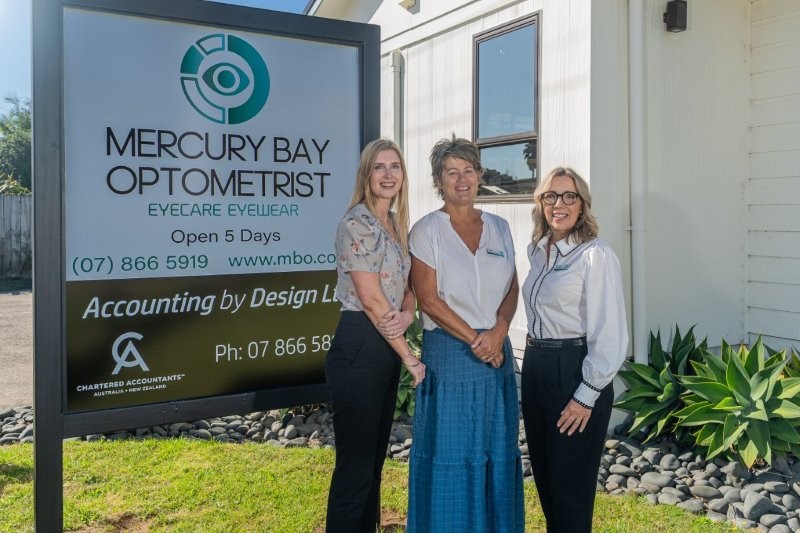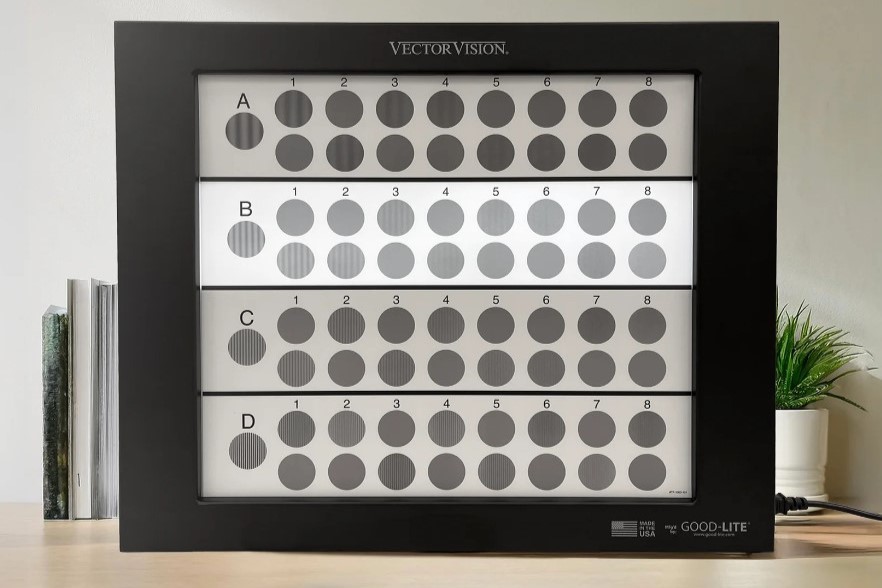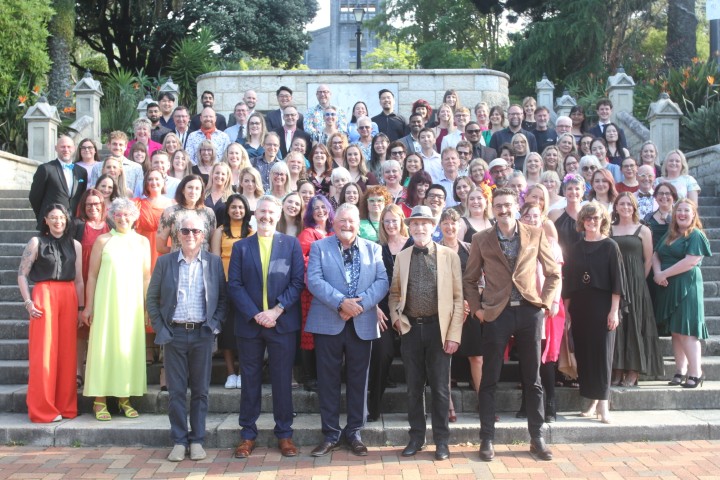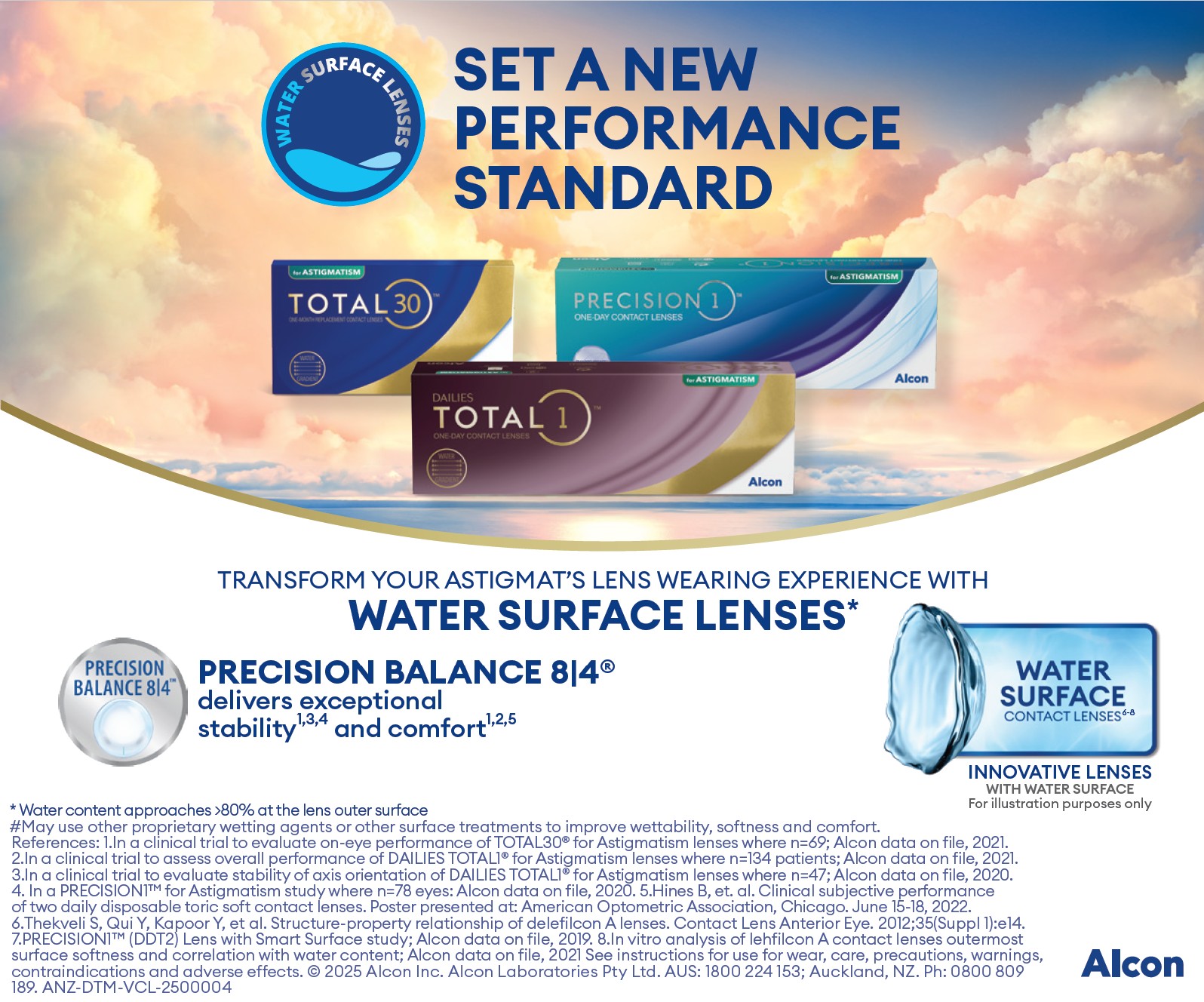MSD funding ‘game changer’
New Zealand’s Ministry of Social Development (MSD) has extended its Flexi-wage scheme to include support for jobseekers training to become qualified dispensing opticians (DOs).
“The MSD support is an industry game changer,” said Vineet Chauhan, the Association of Dispensing Opticians New Zealand’s (ADONZ) immediate past president, who led the talks on behalf of the association. “We’ve never had a funding opportunity like this, nor the critical shortage of DOs we have now.”
Due to Covid disruptions, only 16 graduates (2020-2021) received their dispensing certification at the graduation event at this year’s ADONZ conference in Queenstown, said Chauhan. “In that time, we should have produced 60 graduates, so we definitely haven’t enough to fill the growing gap.” But this new MSD extension should provide the financial assistance and incentive to enable practice owners to employ someone now so they can become qualified more quickly, he said.
Available through Work and Income, the Flexi-wage scheme was established to support employers and upskill New Zealand jobseekers, said MSD’s Chanelle Armstrong, Whangarei community liaison officer. The scheme involves a wage contribution paid to an employer and possibly in-work support or training for an employee who might need it to be able to do the job. It can also include advice to help new team members settle into the workplace, she said.
Australasian College of Optical Dispensing director James Gibbins said the college has scaled up and is ready for an increase in demand. “We are delighted by the news, which we expect will supercharge enrolments. Government support has been pursued for over three decades by key industry members David Wilson, Mike Firmston and Steve Stenersen, to no avail. The MSD scheme is an absolute breakthrough and is better than any Australian state-based scheme currently in place.”
When asked if he sees any potential challenges with the new scheme, Chauhan said creating awareness and acting quickly is going to be crucial to Flexi-wage’s success. “Our industry has a habit of keeping a new recruit waiting for several months before enrolling them into the optical dispensing course. This timeframe needs to be reduced and the candidate must start the course within the 24-week period. Otherwise, the practice will miss out on the additional $5,000 training subsidy. I would not wait any longer than four to six weeks to enrol.”
To find out about eligibility, a phone call to one of MSD’s Employment Services team members is the first port of call, Armstrong said.
For more information, contact ADONZ on info@adonz.co.nz or MSD on 0800 778 008 or www.workandincome.govt/flexiwage.


























